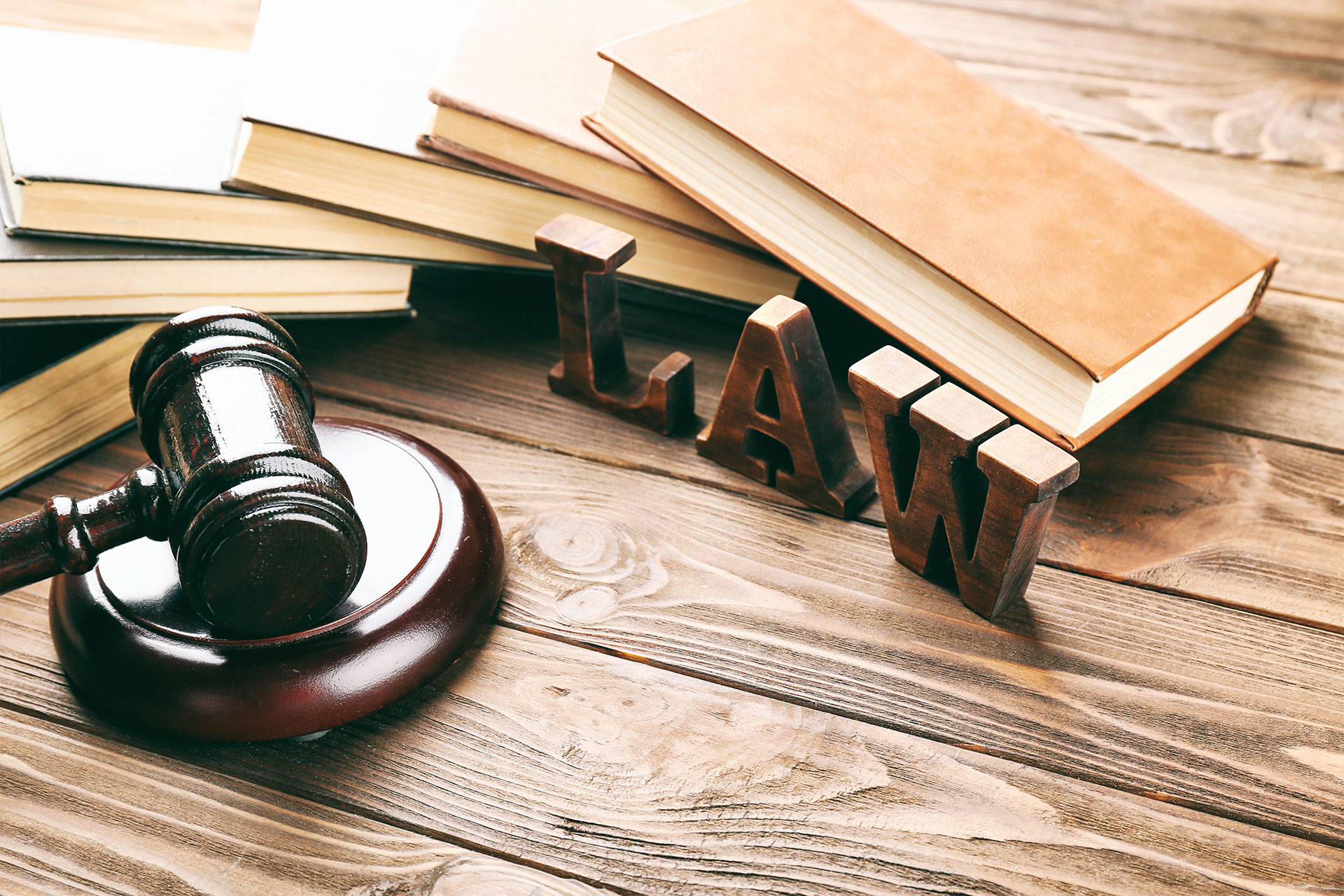NEW JERSEY DRUG CRIME ATTORNEYS
Being convicted of even a minor drug offense can result in damaging, life-altering consequences. If you have been charged with a drug crime at the state or federal level, you should not wait to seek qualified legal representation.
Our New Jersey drug crime lawyers have over 75 years of legal experience and are committed to securing the best available outcome in your case. Our team at Whipple Azzarello, LLC includes a former prosecutor and a former defender, giving us powerful and unique insights on both sides of the bench. We are prepared to handle cases involving any type or quantity of controlled substance and have a strong track record of delivering favorable results for our clients.

HOW DRUG CRIMES ARE CHARGED IN NEW JERSEY AND AT THE FEDERAL LEVEL
At the state level, drug offenses are not classified as misdemeanors or felonies. Instead, a criminal drug charge will be classified by degree. Each degree comes with its own set of potential penalties. Some charges carry mandatory sentencing minimums if convicted.
The degree someone is charged with will depend on the specific circumstances of the case. A larger quantity of drugs, the involvement of substances with a higher potential for abuse, and other aggravating factors can all contribute to a harsher classification.
Potential classifications and corresponding penalties include:
- Petty Disorderly Persons Offense. Fines of up to $500.
- Disorderly Persons Offense. Fines of up to $1,000.
- Crime of the Fourth Degree. Up to 18 months in prison and fines of up to $10,000.
- Crime of the Third Degree. Up to 5 years in prison and fines of up to $15,000.
- Crime of the Second Degree. Up to 10 years in prison and fines of up to $150,000.
- Crime of the First Degree. Up to 20 years in federal prison and fines of up to $200,000.
Many drug crimes are charged and tried at the state level. However, the federal government may choose to get involved when an offense involves a federal employee or occurs on federal property. The federal government may also elect to investigate and prosecute larger drug operations, especially those that cross state lines or involve other white-collar or violent crimes. Federal drug crimes are charged as misdemeanors and felonies, and the penalties are typically more severe than what New Jersey imposes.
Types of State and Federal Drug Crimes
It is unlawful to possess, manufacture, or distribute controlled substances under state and federal laws. Marijuana is still considered a controlled substance in New Jersey.
Our New Jersey drug crime attorneys can defend you in cases involving:
- Simple Possession. Simply possessing a small amount of a controlled substance intended for personal use is considered a crime. The classification of the offense will depend on the type of controlled substance involved. Possession of heroin or cocaine, for example, will generally result in third-degree criminal charges.
- Possession with Intent to Sell. If someone possesses a large quantity of a controlled substance, it may be assumed that the person intended to sell or distribute at least some of the drugs. These charges may also be pursued if the arresting officer finds scales, packaging materials, substantial amounts of cash, and any other items that suggest a distribution operation. Depending on the controlled substance involved, possession with intent to sell may be charged as a first-degree crime.
- Possession of Drug Paraphernalia. Possessing drug-related paraphernalia can result in a disorderly persons offense, even if no controlled substances are found. Examples of paraphernalia that can trigger these charges include bongs, pipes, syringes, cutting agents, and rolling papers.
- Distribution. Distribution occurs when a controlled substance is given to another party. The classification of the charges will depend on the quantity and type of the controlled substance involved as well as where the transfer of ownership took place. More serious cases will result in first-degree criminal charges.
- Manufacturing. Anyone who participates in the production of controlled substances may face first-degree criminal charges.
- Trafficking. Drug trafficking occurs when controlled substances cross state lines. The federal government tends to prosecute these cases, and a conviction for felony trafficking charges can result in life imprisonment and up to $20 million in fines.
Any type of drug crime conviction can radically change your life. Drug offenses will appear in background checks and may make it difficult to obtain housing and employment. By hiring capable legal representation, you may be able to avoid these consequences.
At Whipple Azzarello, LLC, we understand what is at stake and will fight to protect your future. Our New Jersey drug crime lawyers know how to effectively approach these cases and will work to fiercely protect your interests in and out of the courtroom.

